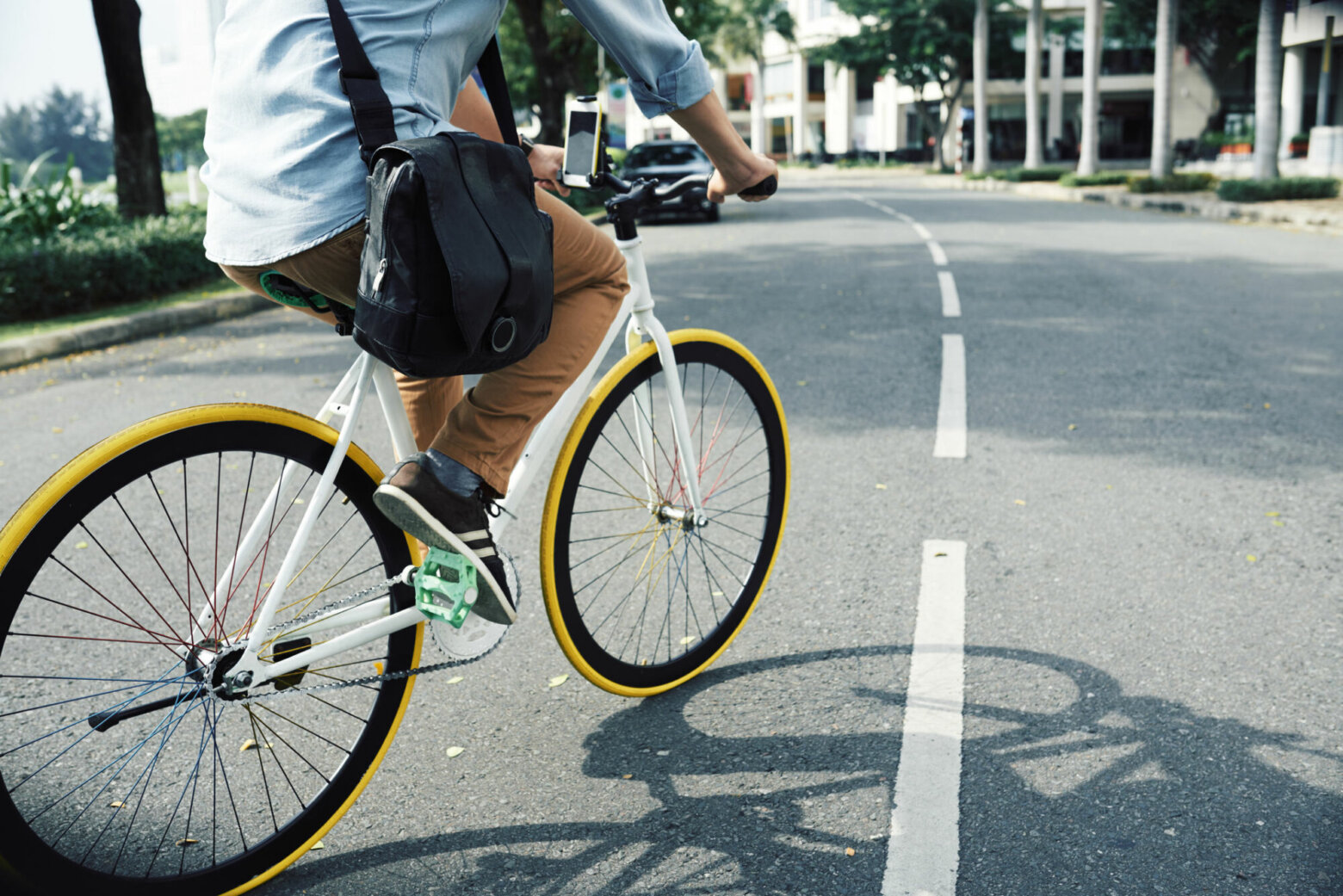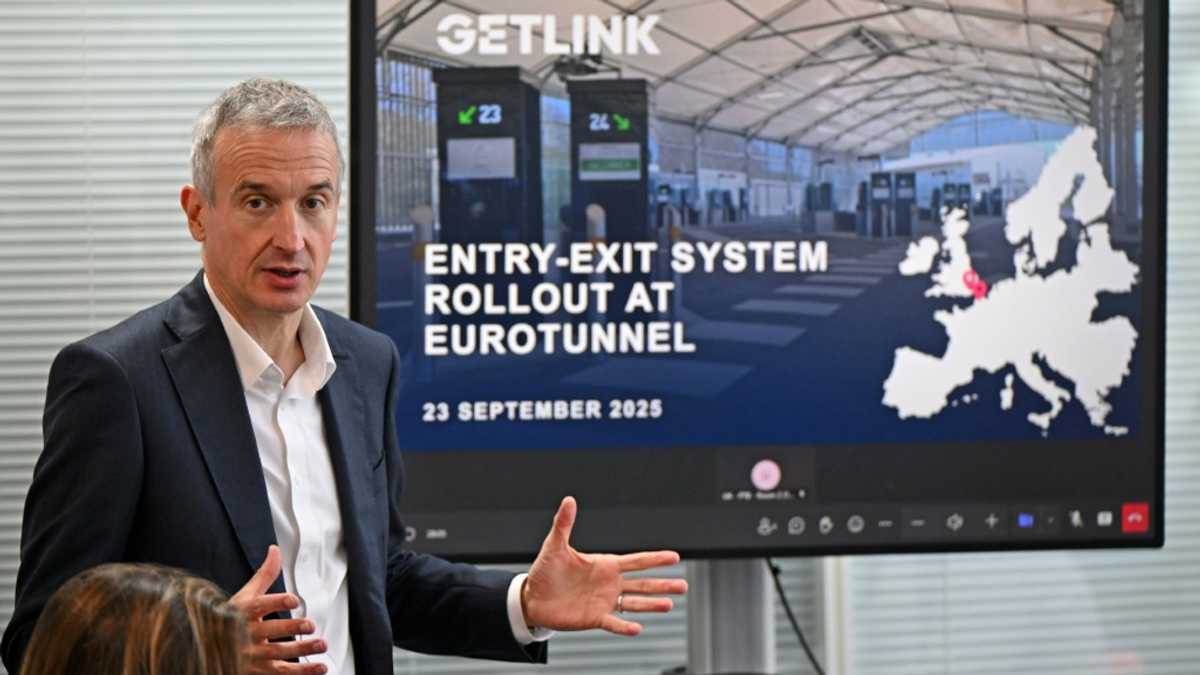
Monday begins the National Week Without Driving, an effort to get people to park their cars and walk, bike and take public transportation.
But it’s not just an initiative to benefit the environment, organizers say it’s also a time to help people reflect on the barriers some still have in choosing public transportation.
Thanks to strong local investment in sidewalks, bike and bus lanes, and the Washington Metropolitan Area Transit Authority, the District stands out as one of the most livable cities in the U.S. D.C. offers some of the nation’s best public transit, a thriving bikeshare system and walkable neighborhoods that are relatively accessible to all.
Yet, one advocacy group says both transit riders and drivers continue to pay a steep transportation time tax — the result of severe traffic congestion and a system that still underfunds and under-prioritizes non-car modes of travel.
“The goal is to get public officials and members of the public to experience what life is like when driving is not an option,” said Kai Hall, policy manager for Greater Greater Washington.
According to its website, his advocacy group works to “inform, engage and influence both the public and policy makers to advance racial, economic, and environmental justice in land use, transportation, and housing” around the D.C. region.
Greater Greater Washington is working with the D.C. Transportation Equity Network to coordinate National Week Without Driving in the D.C. area and to influence leaders to participate.
Hall said 40% of District residents don’t drive.
“That’s nearly 280,000 people,” he said. “Even though we have one of the best transit systems in the country, there are still barriers for people to access the options they need to go about their daily life.”
Hall estimated it takes an average of at least two-and-a-half times longer to take public transit than to drive. He said that’s because D.C.’s overall system was designed to accommodate the individual motorist rather than focusing on mass transit.
“There’s a huge disparity in how people’s time is valued in our system,” Hall said.
For thousands of D.C. residents, driving isn’t an option — whether due to age, disability or the high cost of car ownership.
Hall encourages area residents to participate in the National Week Without Driving, which runs Sept. 29 to Oct. 5, by signing up online.
Participants can share their experiences on social media using #WeekWithoutDriving, send reflections for a post-week blog or keep a transit diary.
Get breaking news and daily headlines delivered to your email inbox by signing up here.
© 2025 WTOP. All Rights Reserved. This website is not intended for users located within the European Economic Area.



